Long-term smokers, people with jobs related to lung dust, smoke or have relatives with the disease should be screened for lung cancer.
Lung cancer is one of the three most common cancers and the leading cause of cancer death globally. In Vietnam, lung cancer ranks second after liver cancer, with an estimated 23,000 new cases and nearly 21,000 deaths each year, and this number is constantly increasing.
On October 15, Associate Professor, Dr. Pham Van Binh, Deputy Director of K Hospital, said that thousands of patients are diagnosed with lung cancer each year at this hospital. However, at the time of diagnosis, over 70% of cases have progressed or metastasized far away and do not require radical treatment.
"Symptoms of lung cancer are often unclear in the early stages, such as coughing, hoarseness, wheezing..., which can easily make patients subjectively think that they are symptoms of a respiratory disease," said Dr. Binh.
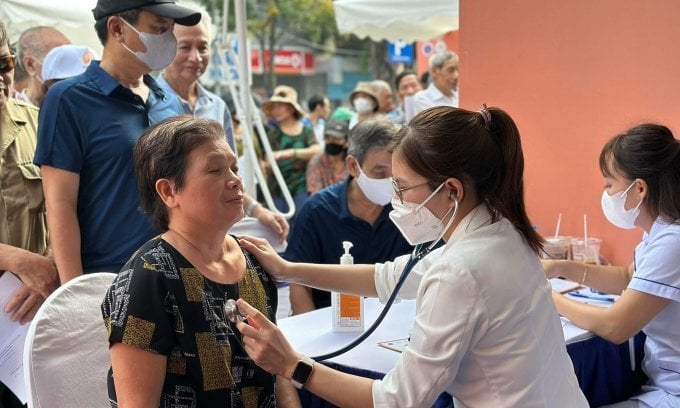
Hanoi residents screen for lung cancer. Photo: Le Nga
Nowadays, with the development of medicine, lung cancer patients are increasingly detected earlier, however, only about 30% of lung cancer patients come to the hospital at the stage where surgery is possible. Surgery always plays an important role in the radical treatment of lung cancer. Therefore, early detection of lung cancer when there are no symptoms is very important.
Signs of lung cancer are persistent cough, chest pain, hoarseness that does not go away, coughing up blood, wheezing, shortness of breath, unexplained weight loss, headache, muscle aches...
Screening is a way to detect the presence of lung cancer in healthy people at high risk of the disease. The method is a low-dose CT scan to look for tumors. The earlier lung cancer is detected, the higher the chance of a cure.
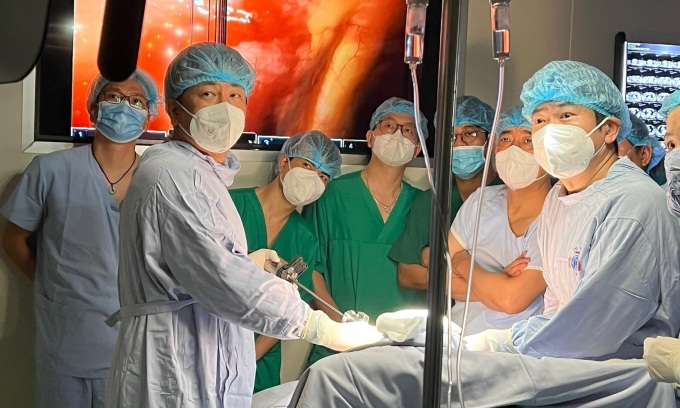
Doctors at K Hospital perform surgery on a lung cancer patient. Photo: Ha Tran
The group that needs to be screened for lung cancer periodically are people with a history of smoking, especially for 20 years or more; people over 50 years old and have smoked for a long time (over 10 years); people who smoke more than 20 packs/year; people who are currently smoking or have quit within the past 15 years.
People aged 50 to 80; people who have had lung cancer and have been treated for 5 years or more; family members with cancer (lung cancer or other cancers) that started before age 60 should be screened.
People with occupations related to pneumoconiosis, smoke (cooking smoke, cigarette smoke, incense, asbestos), radiation; people with other cancers or chronic lung diseases (COPD, tuberculosis); patients in need of screening.
Passive smokers (relatives, spouses, children of smokers) also need to be screened for lung cancer.
Doctors recommend screening once a year. Screening should be stopped when the person at risk is over 80 years old, has stopped smoking for more than 15 years and has been screened many times during that time without detecting the disease, or has health problems that limit life expectancy or limit the ability to undergo lung surgery (eg severe cardiovascular disease, severe kidney failure...).
Le Nga
Source link


![[Photo] Visiting Cu Chi Tunnels - a heroic underground feat](https://vstatic.vietnam.vn/vietnam/resource/IMAGE/2025/4/8/06cb489403514b878768dd7262daba0b)





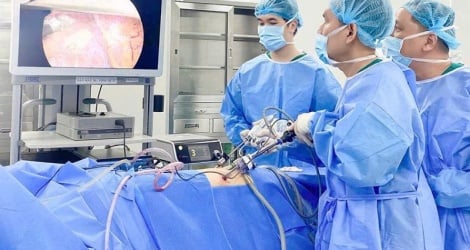

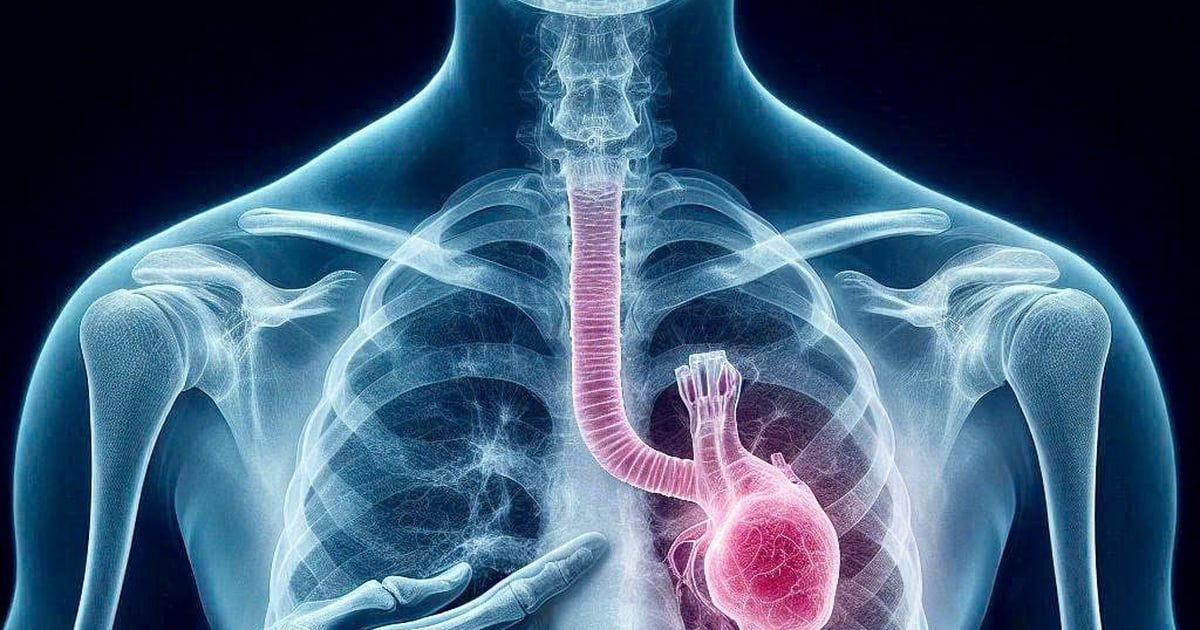


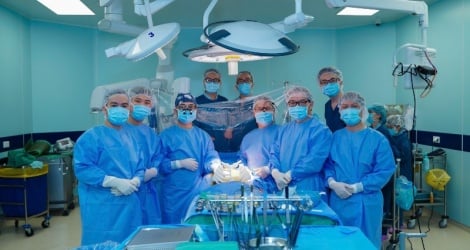
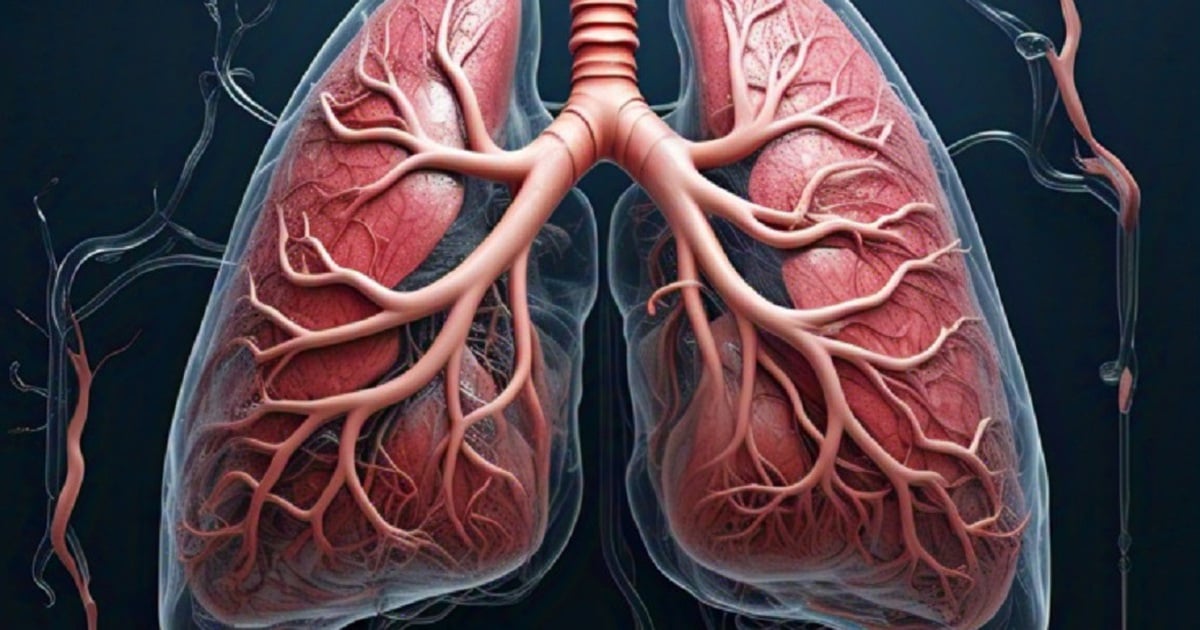

























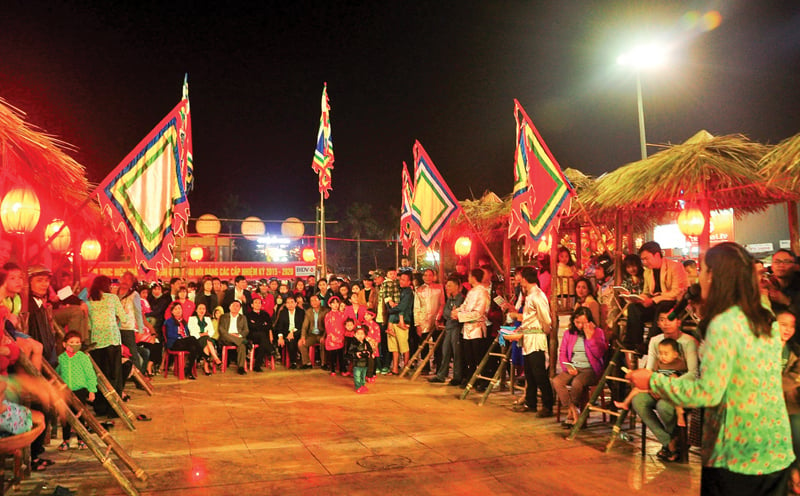

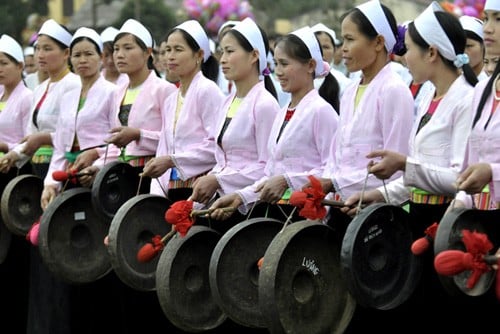






































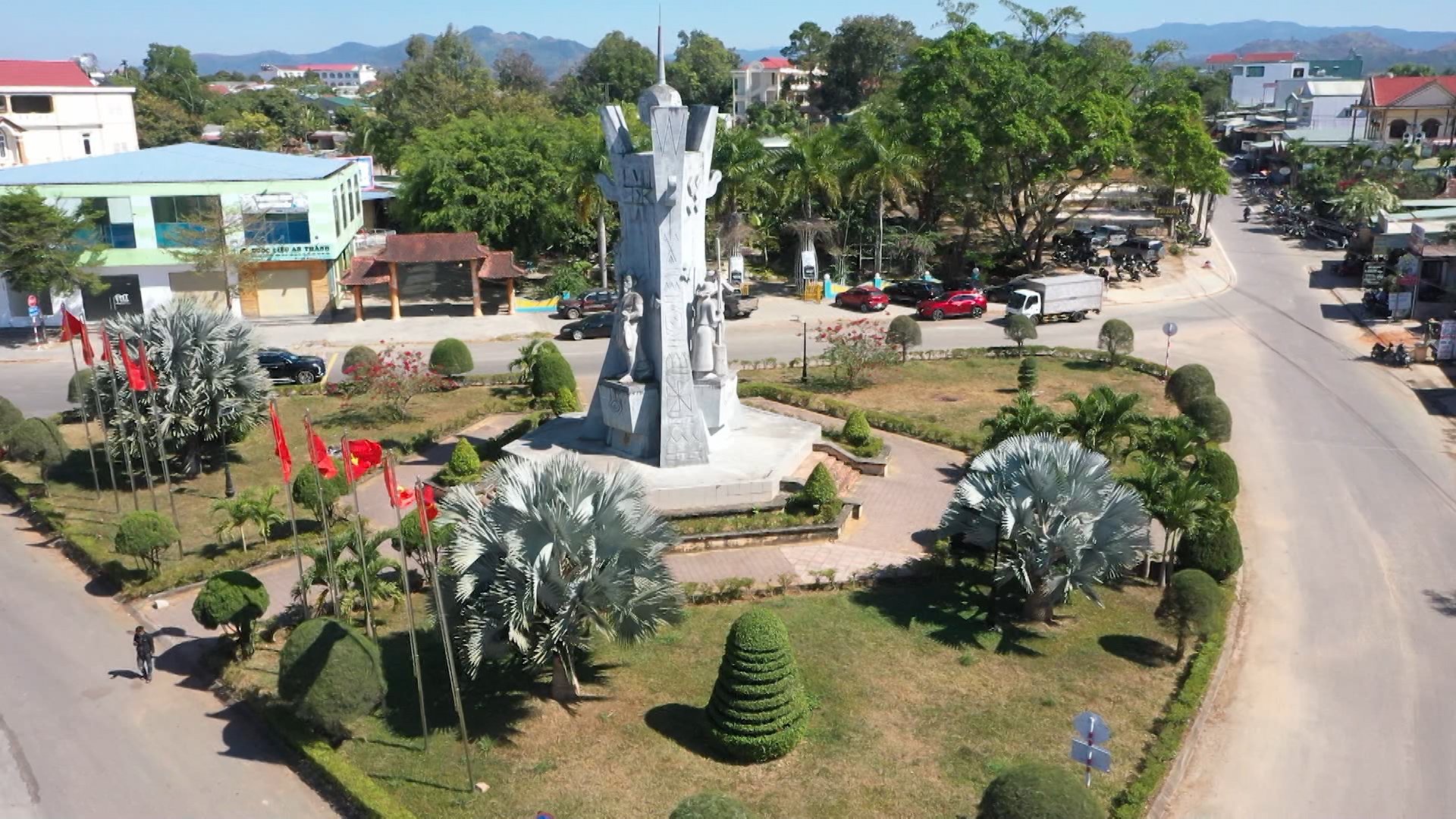

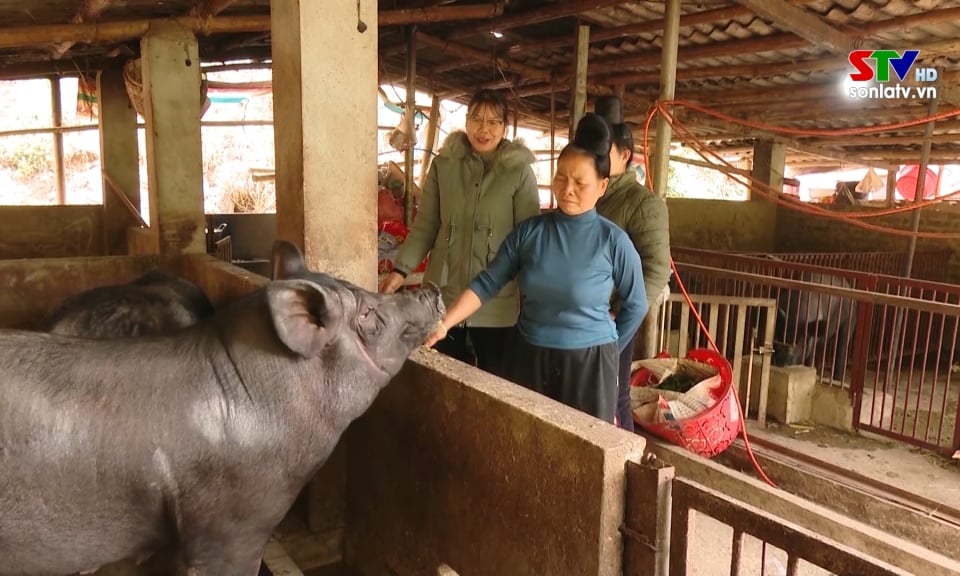










Comment (0)